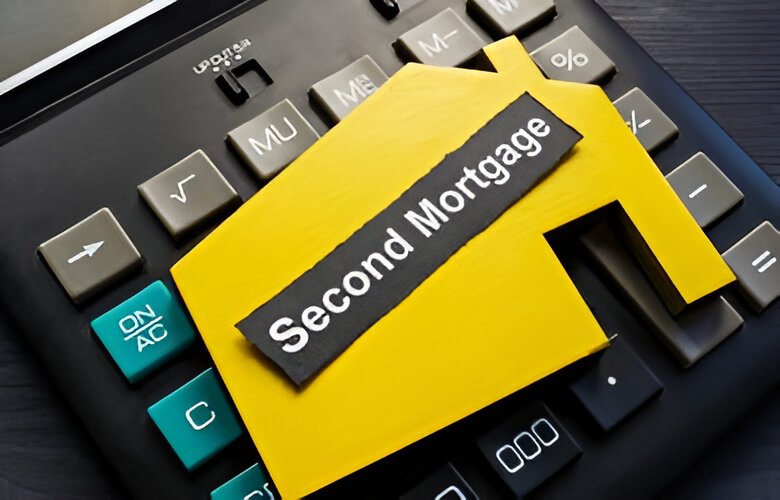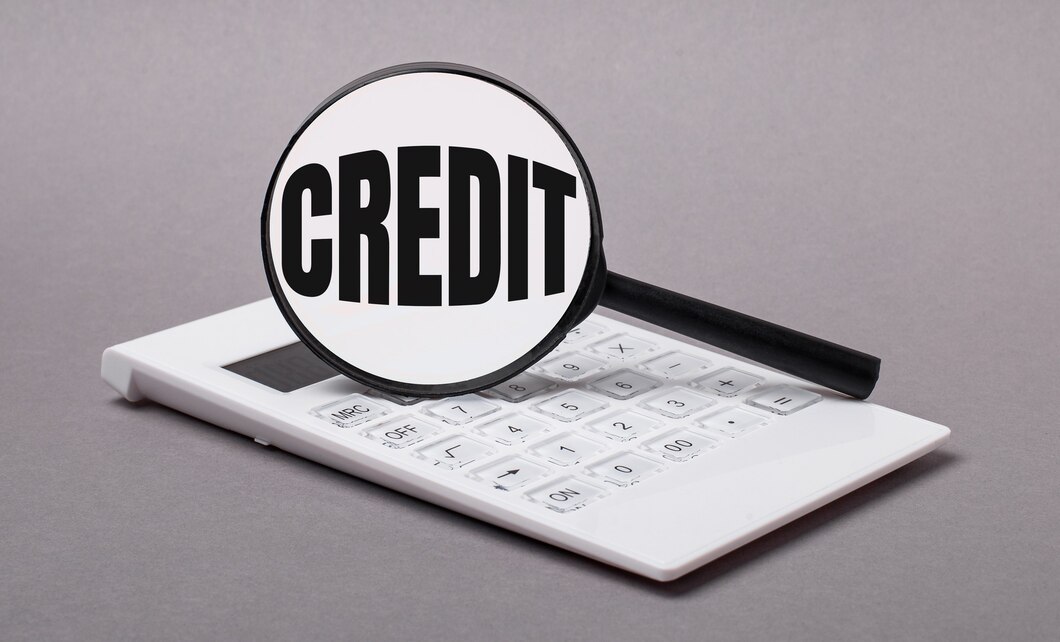Whether you’re applying for a new mortgage or renewing an existing one, you should determine which one you want to choose between open vs closed mortgage. While closed mortgages are preferred by the great majority of homeowners, there are a few instances where an open mortgage makes more sense.
It might even be worth considering a convertible mortgage, depending on your specific scenario. It’s essential to understand your choices so you can make the best mortgage selection possible.

What is a Closed Mortgage?
When you take out a mortgage, you’re entering into a legal agreement with terms and restrictions. When it comes to closed mortgages, once the terms are determined, they can’t be changed or broken unless you pay a penalty.
The contract’s length is up to you and can range from six months to ten years, depending on your lender’s choice, but most customers opt for a three to a five-year term.
Even if your mortgage is paid off, its original conditions may allow you to make certain prepayments. You might be allowed to prepay up to 20% of your mortgage’s original principal amount once a year, for example. You might also be able to double up on your regular payments.
Fees Associated with a Closed Mortgage
If you need to relocate or sell your property, you’ll almost certainly have to pay off your mortgage. Fees and penalties would be imposed at that point. To put it another way, you’ll have to pay to get out of your mortgage agreement.
Your lender’s estimate determines the amount you’ll pay to break your mortgage. It’ll be either the interest you’d pay for the balance of the period based on an interest rate differential (IRD) or three months of interest, whichever is greater in most instances.
While this may appear to be unjust, it is a mechanism for lenders to recoup part of their expenses. The majority of homeowners will choose a closed mortgage because the interest rates are often lower than open mortgages.
Pros and Cons of a Closed Mortgage
Because of the lower interest rates, many homeowners will naturally gravitate toward a closed mortgage. You should, however, weigh the advantages and disadvantages.
Pros
- Interest rates may be lower.
- If the borrower wishes to pay off their debt faster, this is a better option.
- Because of the decreased interest rates, the cost of borrowing will be lower.
- Pre-payment alternatives may be available, allowing you to pay off your mortgage sooner.
- It’s possible to make one-time payments or increase the amount of money you pay each month.
Cons
- You can only pay a certain amount in advance (if you can at all)
- If you need to break your mortgage, you’ll have to pay a lot of money in penalties.
- Refinancing can be expensive.
What is an Open Mortgage?
An open mortgage is defined as one in which the entire mortgage balance, in part or in full, can be paid off at any time, and the contract can be refinanced or renegotiated without penalty.
That’s why an open mortgage is so appealing: you can pay it off early or switch to a different term without incurring a penalty.
The terms of open mortgages are usually shorter, ranging from six months to five years. Open mortgages are less prevalent in Canada, but they are an option if you wish to pay off your mortgage early and avoid the traditional longer-term payments schedule.
Open mortgage interest rates can be higher than closed mortgage interest rates as a tradeoff for flexibility. You’ll likely spend the prime rate plus a significant penalty if you take up an open mortgage.
Pros and Cons of an Open Mortgage
Pros
- The borrower has complete freedom and flexibility in terms of making payments.
- If a borrower chooses to pay off their loan early or refinance, they will not be charged any fees.
- Because the term is shorter, if the borrower is experiencing financial difficulties, they will be able to achieve maturity sooner or refinance if they so desire.
- The main benefit is flexibility in payment
Cons
- Can have higher interest rates; the open mortgage’s flexibility allows lenders to offer higher interest rates.
- Because of the higher interest rate, the cost of borrowing will be greater.
How to Choose Between Open vs Closed Mortgages
Ask yourself the following questions while deciding between open and closed mortgages:
Is there any chance that I could receive an inheritance or a substantial quantity of money in the near future that I could use to pay off my mortgage?
Will I most likely relocate or sell my home before the term of my mortgage expires?
Is it likely that my household income will rise, allowing me to increase my mortgage payments?
If you answered YES to any of the above, an open mortgage could save you money when it comes time to pay off your loan.
You could also explore a short-term convertible mortgage, which has an interest rate that falls somewhere between closed and open mortgages. You’ll agree to a short-term mortgage and then extend it as needed until your circumstances have stabilized and you can choose a longer-term option.
Most homeowners plan to stay in their current house for the duration of their mortgage, so they’re happy to accept the lower rates that come with a closed mortgage.
Whatever mortgage plan you choose, make sure you understand the terms and conditions so there are no unpleasant surprises if your circumstances change and you need to pay off your loan.








